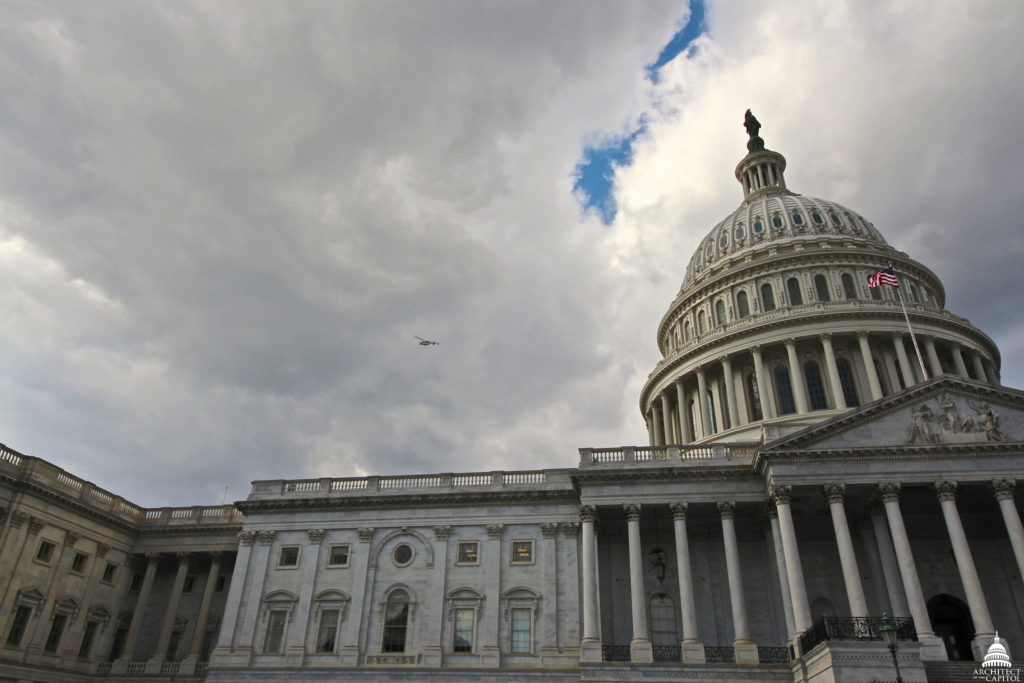Before the 256-167 House of Representatives vote passing the seemingly terrible $1.3 trillion omnibus spending bill late last month, Washington lawmakers had just 16 hours to read the 2,232-page leviathan after it was posted online. Spurred on by this, one freshman House Republican believes that congressmen and women are not doing the homework when it comes to making critical decisions and has decided to do something about it.
Congressman Tom Garrett (VA-5) is seeking to change the rules in the House so that there is a “waiting period” of at least two minutes per page, between when a proposal is drafted, and when members vote on it.
“May be too much to ask,” said Garrett, “but if it is, it’s a sad commentary on where we are.”
According to CBS 19, Garrett’s “READ IT” resolution is a direct response to debates over the Affordable Care Act (ACA), tax reform, and most recently, the budget. He explained that regardless of whether Republicans or Democrats hold the majority, lawmakers should not be forced to vote on legislation without having the opportunity to know the context within.
“I think it would change how we do business, and it ought to restore some faith of the American people in the body,” Garrett said. “It would change the outcome of some votes.”
Though, not all are warming to the measure. After all, as Georgetown University political scientist Mark Rom said, even if Garrett can convince his colleagues in the House to make the change, it is highly unlikely that lawmakers would use the time wisely.
“No one’s actually going to read the legislation, Rom said. “Or I should say, almost nobody.”
Although Garrett’s rule would provide just 77 hours for lawmakers to have read the omnibus bill, it is a better than the 26 seconds per page provided before the voting. A much longer window would allow congressional staffers to comb through the bill for particular points of interest – say bonuses for Senators.
Nevertheless, sometimes leadership wishes to pass bills quickly without public scrutiny, meaning they are unlikely to give up that power.

